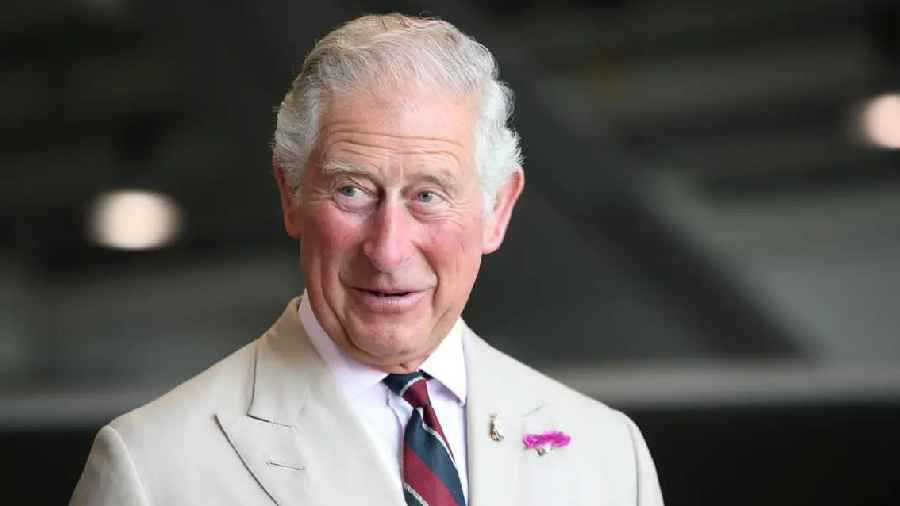The mystique around the British royal family — so essential to the nation’s acceptance of its hereditary and privileged first monarchy — has always drawn its power from a blend of secrecy and symbolism that combine in the impeccably choreographed spectacle.
On Saturday, the regal alchemy will be conjured anew at King Charles III’s coronation at Westminster Abbey in London. The spectacle has been years in the planning, not simply as an event in its own right, but also as a moment in history intimately entwined with its onscreen projection around Britain and across the globe.
The coronation will be the first since Charles’s mother, Elizabeth II, who died in September, was crowned in June 1953. Hers was the first coronation to be transmitted live and in full at a time when televisual broadcasting was still a novelty, and it initiated a long era of increasingly close coordination between Buckingham Palace and the BBC, Britain’s public broadcaster.
Anti-royalists have complained bitterly that, as Graham Smith, the head of a campaigning organisation called Republic, said in a recent statement: “The BBC routinely misrepresents the monarchy and public opinion. They suggest the nation is celebrating major events when that simply isn’t the case.”
While the BBC rejects these claims of partiality, there is little doubt that as digital technology has advanced over many years, the broadcaster’s royal coverage has become ever more sophisticated and comprehensive. The medium, in other words, has facilitated a kind of blanket coverage of a message that would not have been possible in the 1950s.
In 1953, the queen’s coronation unfolded in a nation in thrall to a new-fangled miracle called television. British baby boomers, many of them small kids at the time, like to recall that TV in those days meant a small black-and-white screen in a large wooden cabinet broadcasting a single channel. The British establishment wielded exclusive control of the monochrome footage that would mould a generation’s memory of the event.
Makeshift antennae were thrown up on hilltops to link the various parts of the British Isles to the central broadcast unit in London. In the pre-satellite, predigital era, British Royal Air Force bombers flew raw film of the coronation across the Atlantic for broadcast on American networks.
Some members of the British hierarchy wished to keep cameras out of the inner sanctum of Westminster Abbey, where the queen was crowned.
“The world would have been a happier place if television had never been discovered,” the Most Reverend Geoffrey F. Fisher, then the archbishop of Canterbury, who presided over the queen’s coronation, was quoted as saying.
But much else has changed. When Elizabeth was crowned, “Britain was marked by extreme deference,” Vernon Bogdanor, a constitutional expert at King’s College, London, said in a recent interview. “The monarchy was thought to be magical.”
Since then, the royal House of Windsor has changed radically from “a magical monarchy to a public service monarchy”, Bogdanor said, and “is judged by whether it contributes to society, and if it doesn’t, people won’t have it”. King Charles, he added, seems “well aware of that”.
For the king, a helter-skelter technological revolution has transformed every smartphone owner into a pocket cinematographer, hooked to a multiplex world of apps and platforms, uploads and downloads.
Where his mother’s crowning bathed the monarchy in uncontested splendour, Charles’s challenge is tofocus a much more diffuse spotlight.
While Elizabeth’s coronation required only around 20 cameras, Charles’s is set to be broadcast on the BBC’s iPlayer streaming service.
New York Times News Service










